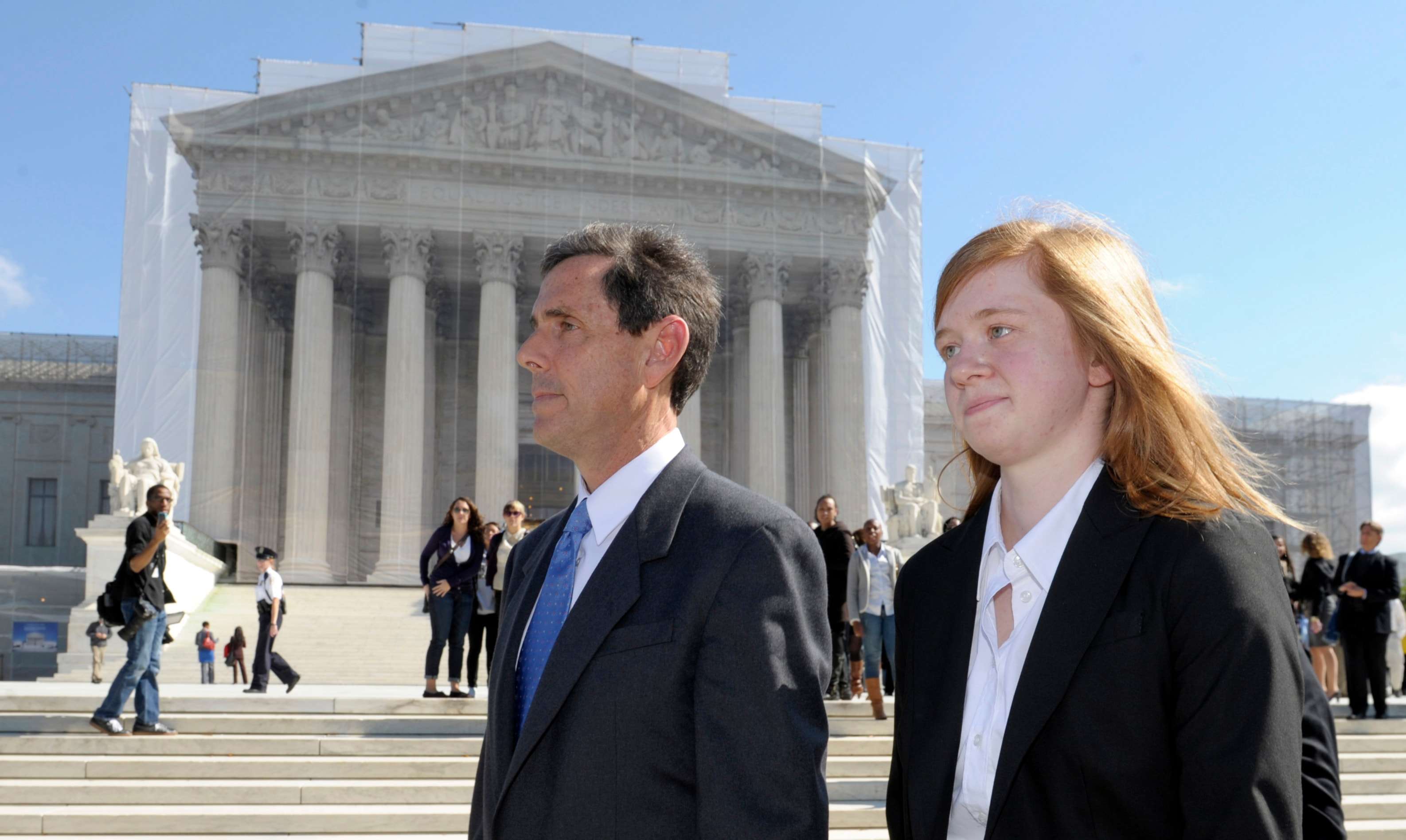The Volokh Conspiracy
Mostly law professors | Sometimes contrarian | Often libertarian | Always independent
Important affirmative action case returns to the Supreme Court

Earlier this morning, the Supreme Court chose to hear Fisher v. University of Texas, an important case challenging racial preferences in admissions at the University of Texas. The outcome is likely to have important implications for the future of affirmative action.
This is the second time that Fisher has come before the Supreme Court. In the first decision, two years ago, The Court showed rare cross-ideological unity in an affirmative action case and issued a 7-1 decision (Justice Elena Kagan recused herself) vacating the lower court Fifth Circuit ruling that had upheld the University of Texas program, and remanding the case to the Fifth Circuit for further consideration. The Supreme Court majority ruled that "diversity" in higher education was a "compelling state interest" that could justify the use of racial preferences under the strict scrutiny that applies to racial discrimination by the state. But it also forcefully emphasized that courts should give universities "no deference" in determining whether the racial preferences they adopt are actually "narrowly tailored" to the achievement of the schools' educational goals. This was a major change from the Supreme Court's previous decision in Grutter v. Bollinger (2003), which gave extensive deference to the judgment of university administrators on whether racial preferences are needed, because such questions involve "complex educational judgments in an area that lies primarily within the expertise of the university."
In the aftermath of Fisher I, I argued that the ruling would make it far more difficult for state universities to defend racial preferences in court. Critics such as prominent columnist Stuart Taylor contended that the ruling would have little impact.
The critics appeared to be vindicated when the Fifth Circuit again upheld the Texas affirmative action plan on remand, over a strong dissent by Judge Emilio Garza. But the Supreme Court's decision to hear the case suggests that the Fisher case might yet result in strong new limits on affirmative action in admissions after all.
It seems unlikely that the justices would have chosen to hear this case again if a majority were satisfied with the Fifth Circuit's ruling on remand. Most likely, the five more conservative justices decided to take it because they intend to overrule the Fifth Circuit and forcefully reiterate the requirement that judges must not defer to universities on the narrow tailoring issue. The Court could potentially expound on the need to avoid deference on the narrow-tailoring requirement in greater detail than it did in Fisher I, so as to reduce lower court judges' room for discretion and prevent them from continuing to defer, as the Fifth Circuit essentially did in its post-remand decision. If that happens, supporters of racial preferences in admissions might end up worse off than they would have been if the Fifth Circuit had not chosen to be obstreperous after the remand, and had struck down the Texas program, as many expected it would.
If the Court overrules the Fifth Circuit and strikes down the Texas program, one or both of the two liberal justices who voted with the majority in Fisher I might defect. But key swing voter Justice Anthony Kennedy has always been highly skeptical of racial preferences, and he seems unlikely to go along with the Fifth Circuit ruling.
For some of my previous posts on Fisher and the issues it raises see here and here. Co-blogger David Bernstein has an an excellent article discussing the implications of the fact that Fisher is the first major affirmative action case where the primary beneficiaries of the challenged program are Hispanics rather than African-Americans.
My wife, Alison Somin, who works for the US Commission on Civil Rights, has published an article assessing the potential impact of Fisher I on affirmative action in higher education.
UPDATE: In the original version of this post, I accidentally wrote that three liberal justices had voted with the majority in Fisher I. But in fact only two did (Justices Breyer and Sotomayor). Justice Elena Kagan recused herself from participation in the case.


Show Comments (0)